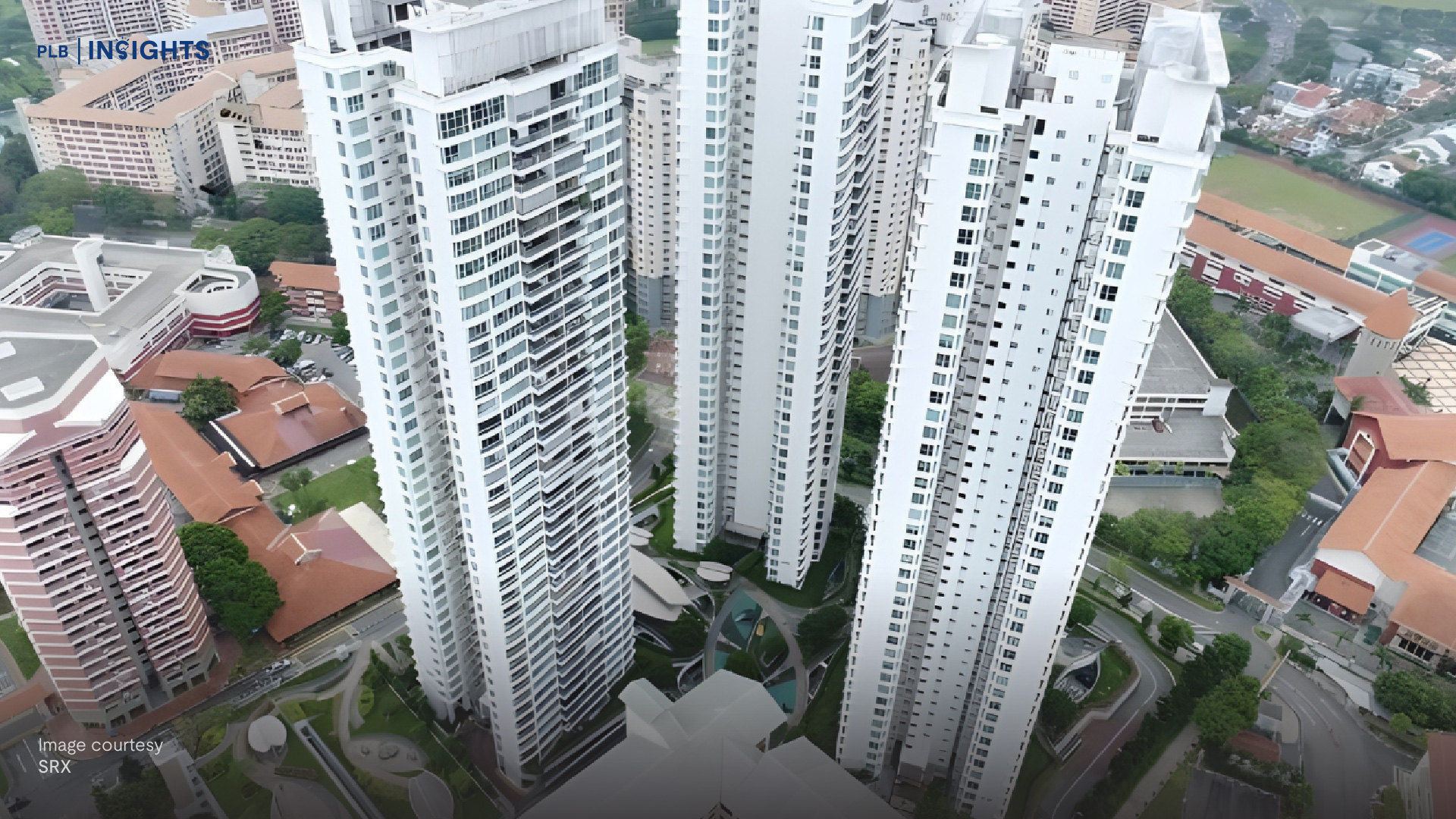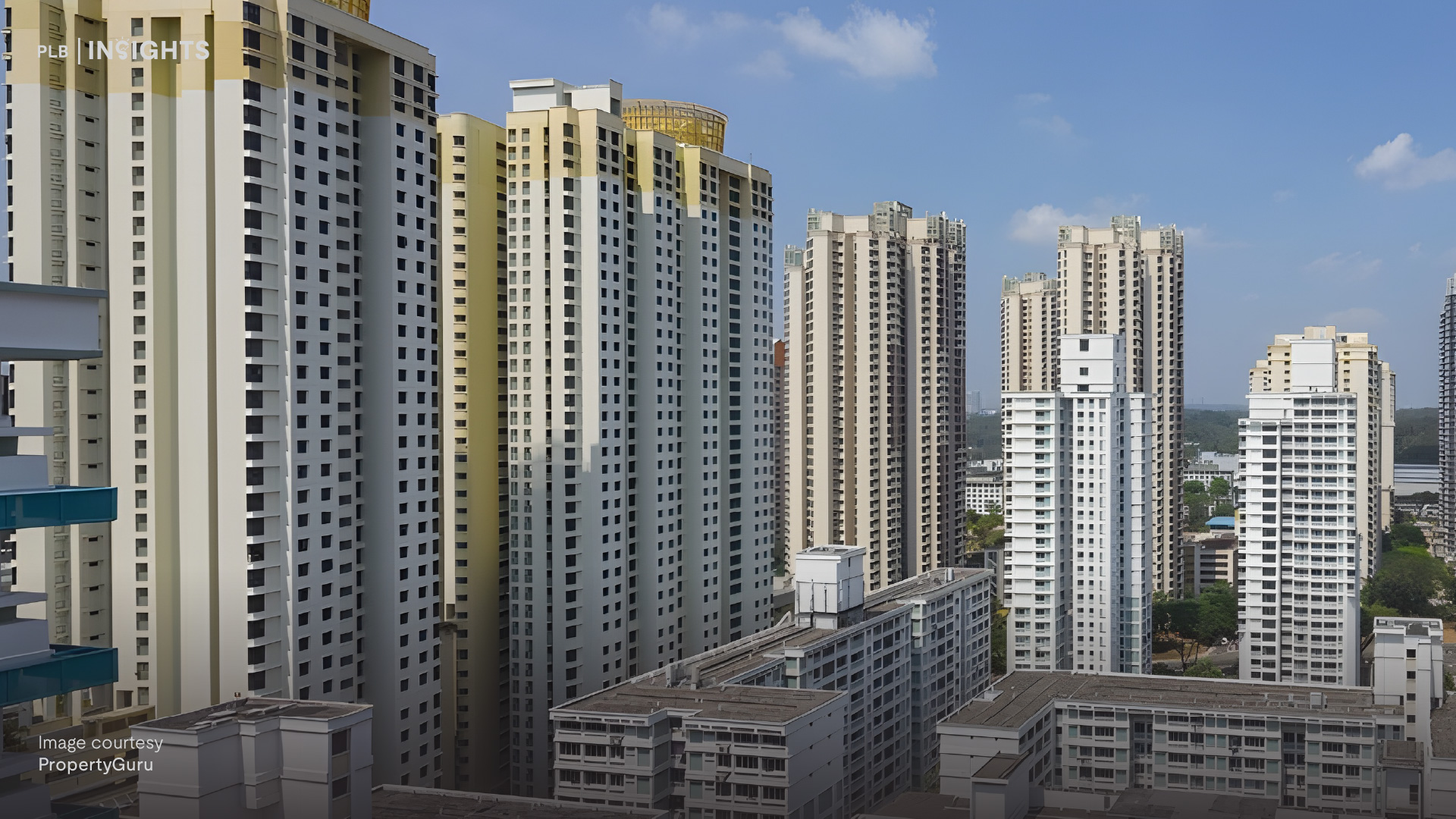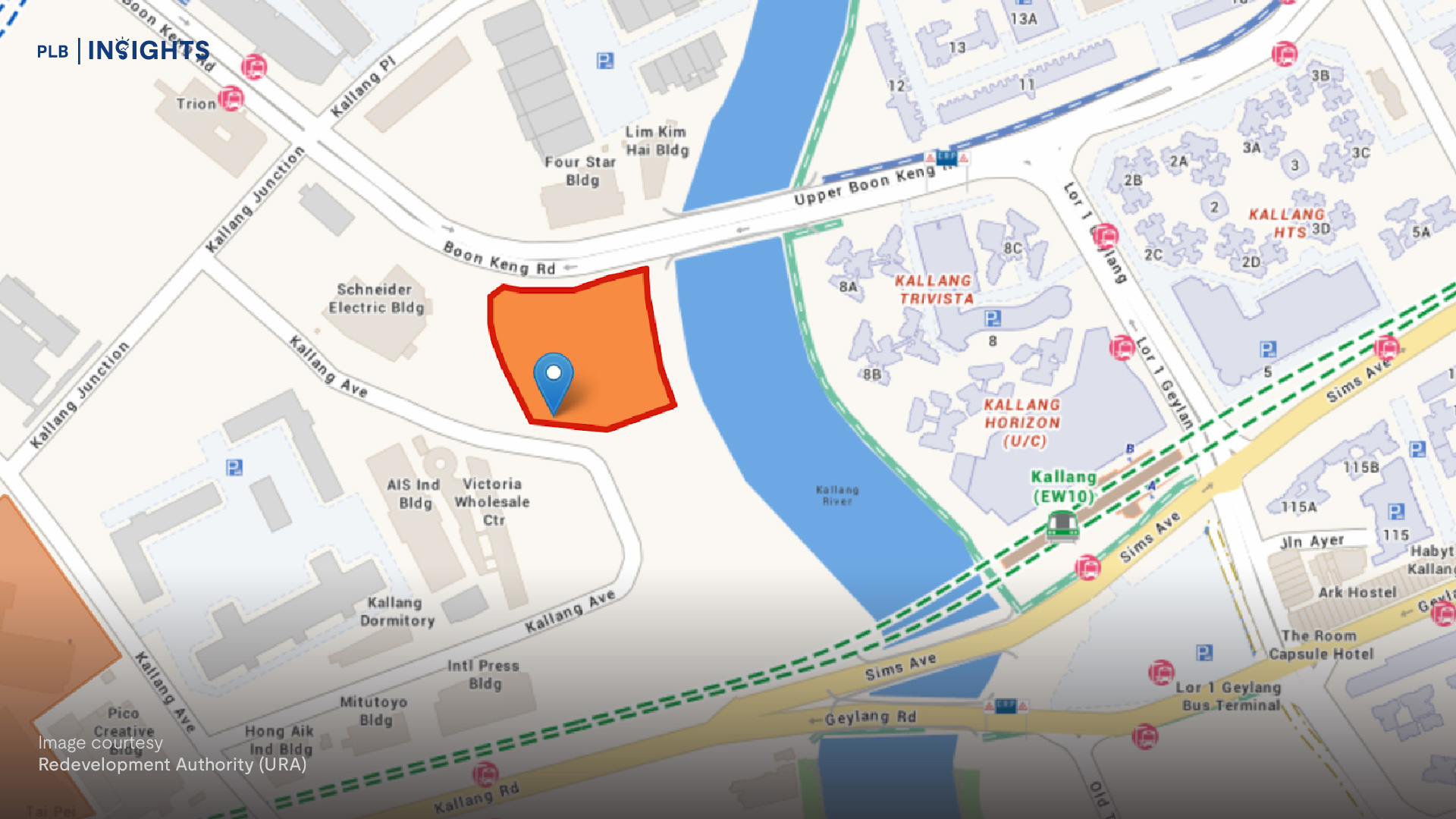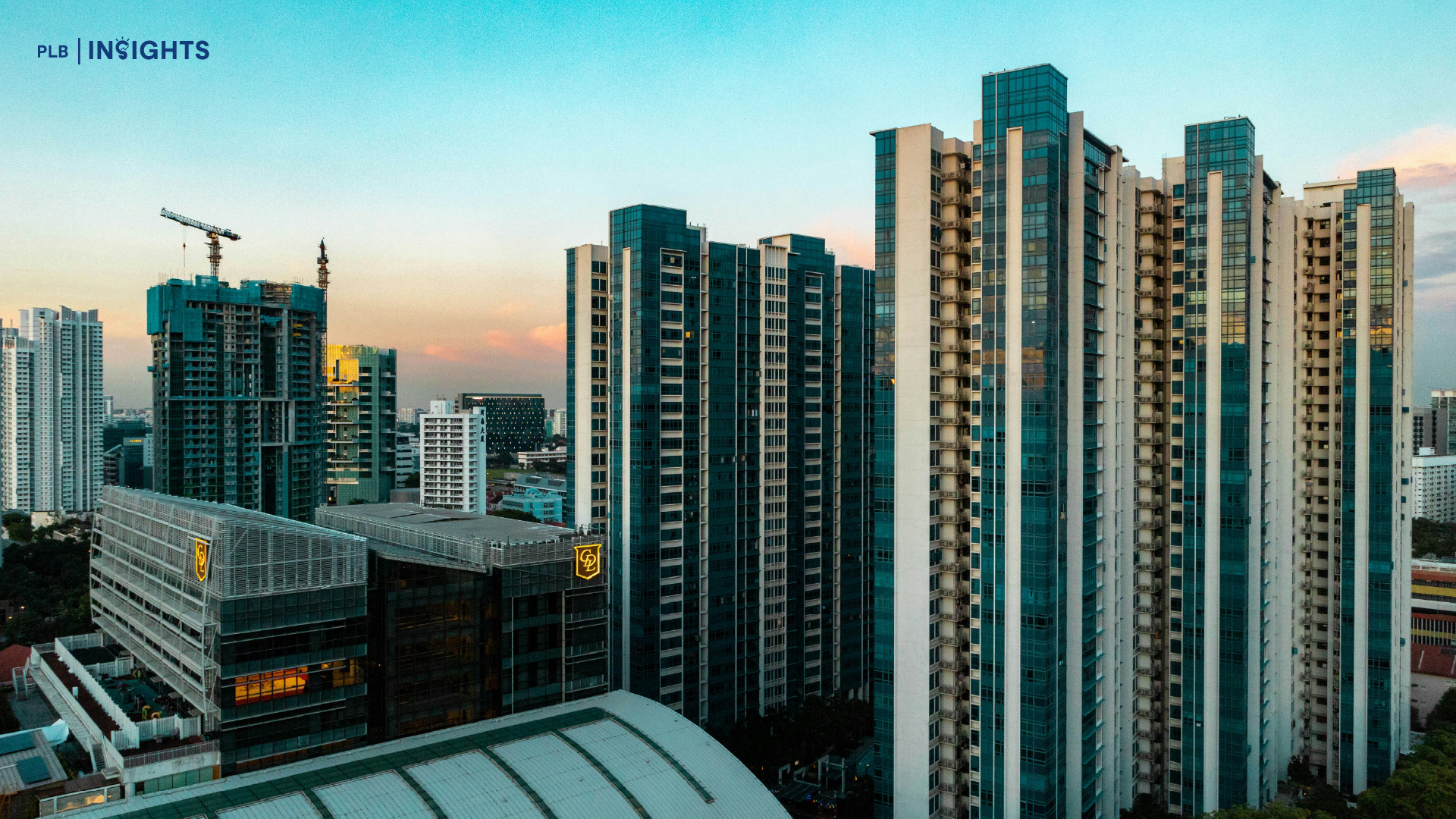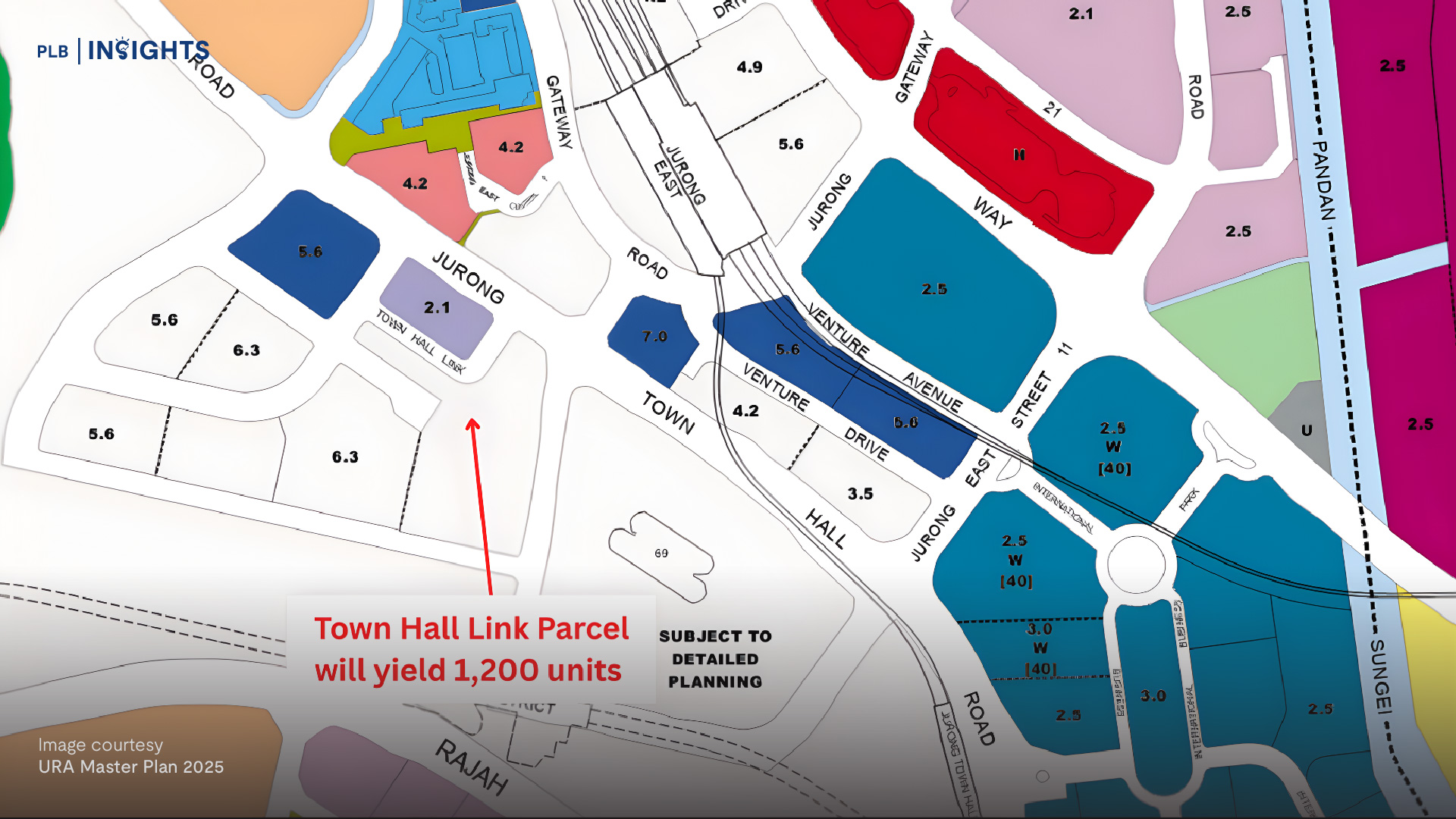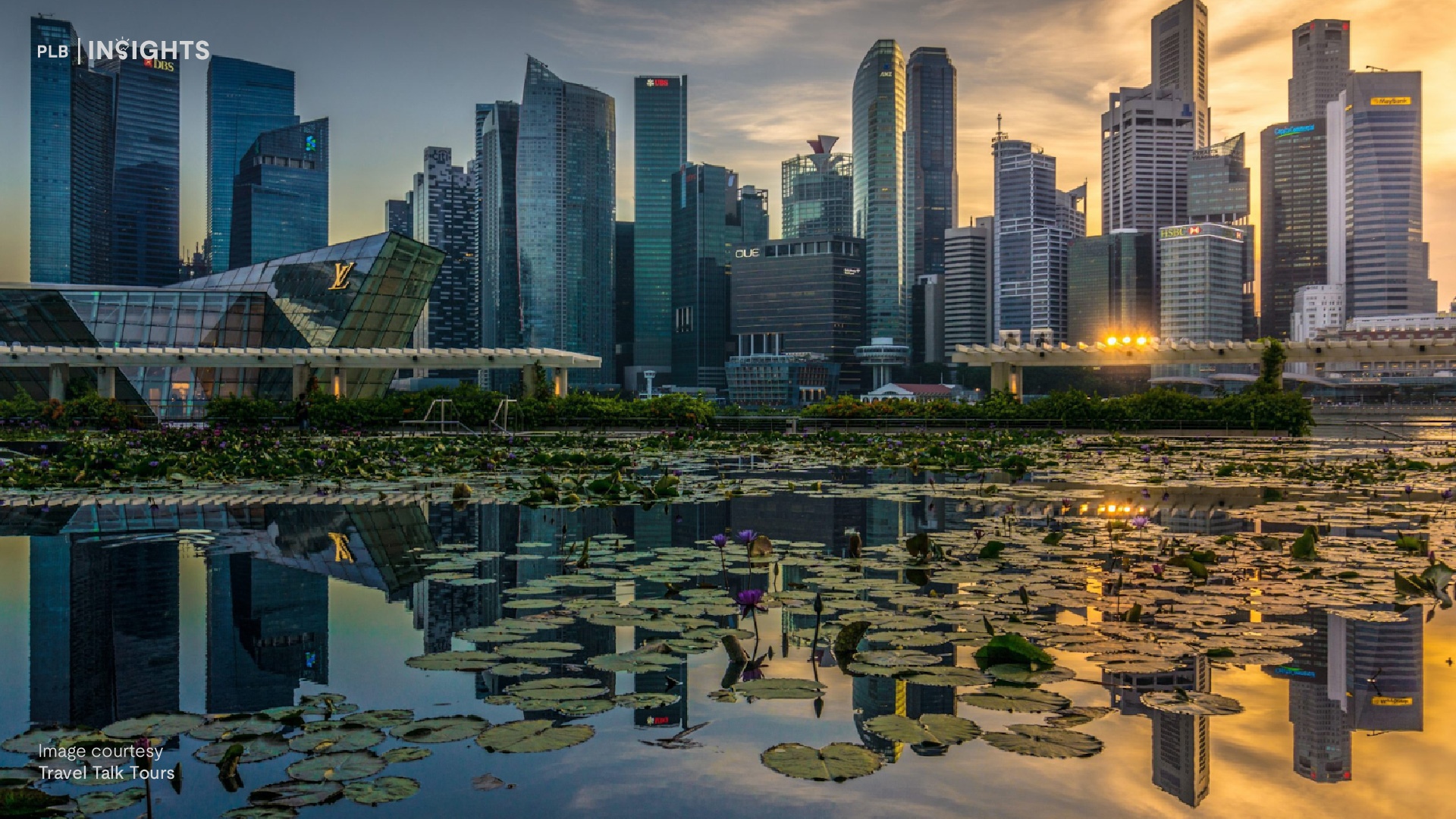
Despite COVID-19 – especially as we enter 2022 – Singapore remains an attractive destination for overseas real estate investments. For scale, just in 2021 alone, according to the Business Times, real estate investment activity “almost doubled in the first half of 2021 to US$4.7 billion worth of acquisitions, up 97 per cent from a year ago”. More than half of this came from cross-border investors.
If you are interested in acquiring real estate as a foreigner, there are some particular rules and restrictions surrounding what types of properties you may or may not buy.
Factor in these buying and selling regulations well with your overall risk appetite, and you will have yourself a more comprehensive Singaporean real estate investment plan. You’ll get to have one’s cake and eat it too!
What types of properties can foreigners buy?
The legal definition of a ‘foreigner’ in Singapore’s case would be:
-
Anyone that is not a Singapore citizen
-
Not a Singapore-based company
-
Not a Singapore Society
-
Does not have Singapore limited liability partnership
So even if you’re a Singaporean Permanent Resident (SPR) there are still rules and restrictions surrounding what types of properties you may or may not buy.
Singapore PRs may however apply for Singapore Citizenship after meeting specific criteria and proceed to purchase real estate in Singapore as a citizen!
Foreigners are allowed to own properties under the Residential Property Act; however, there remain limits to the types of properties foreigners may own in Singapore.

What can foreigners buy in the public housing market?
The Housing and Development Board manages the public housing market (HDB). Within the market for public housing, there are categorised restrictions to buying properties. There are a few factors for consideration:
-
Is the individual a Singaporean PR or a non-Singaporean PR
-
Is the individual intending on buying property alone, or will they be buying jointly?
-
If the foreigner(s) intend(s) to buy jointly, what is the residential statuses of each?
For foreigners buying alone

Unfortunately, non-SPRs buying alone cannot obtain HDB flats. They will, however, be allowed to buy up a privatised executive condominium (EC) which are ECs that are more than 10 years old.
Executive Condominiums (ECs) are developed by private developers but are subsidised by the government, offering the same amenities offered by full-fledged condominiums at a lower price. However, being a hybrid development, they are bound by HDB laws such as the 5-year Minimum Occupancy Period (MOP), but they are privatised after reaching 10 years of age.
SPRs purchasing public housing alone cannot buy HDB flats. However, unlike non-SPRs, SPRs may participate in the ‘hybrid’ housing resale market, as they are allowed to purchase resale ECs that have reached their 5-year Minimum Occupancy Period (MOP).
What’s a MOP?
Implemented by the HDB not only on ECs but also on public HDB flats, the Minimum Occupancy Period (MOP) is a scheme to discourage “flipping” and taking profits immediately after obtaining public and ‘hybrid’ housing units. Therefore, this scheme keeps HDB and EC prices relatively low, preventing profiteering in the market.
For foreigners jointly buying public property

Generally, there are more relaxed restrictions for couples or families planning to buy property in Singapore jointly. These incentives do not just apply to Singapore citizens; they also apply to foreign couples and families.
However, as mentioned earlier, there are different levels of relaxed restrictions:
Where both are non-SPRs,
-
There are no additional privileges, as you are only allowed to obtain ECs that are more than ten years old
Where there is one SPR and another non-SPR
-
Can obtain Privatised EC more than ten years old
(on top of being able to obtain resale ECs that have hit their 5 year – MOP).
Where both are SPRs
-
they are allowed to obtain resale HDB flats provided that both had already held their permanent-resident status for more than three years.
(Under the Family or Fiance Scheme) -
On top of resale ECs that have reached their MOPs, they may also obtain ECs more than ten years old.
To summarise the points mentioned earlier, a table of restrictions for foreign joint ownership of property in Singapore may be shown below:
What can foreigners buy in the private housing market?
Foreigners regardless of their residential status in Singapore (SPR or non-SPR) will enjoy less stringent restrictions surrounding the purchase of private housing.

However, for landed properties, there are certain restrictions put in place by the government in order to manage such a market, even when purchasing properties located in Sentosa Cove.
To buy up landed property, foreigners must obtain approval from the Land Dealings Approval Unit. Foreigners may alternatively take up a leasehold estate in a landed residential property for a term not exceeding seven years, including any further terms which may be granted by way of an option for renewal.
According to the Singapore Land Authority: Land Dealings Approval Unit:
Applicants are assessed on a case-by-case basis, taking into consideration but not limited to the following factors:
-
You should be a permanent resident of Singapore for at least five years; and
-
You must make exceptional economic contributions to Singapore. This is assessed taking into consideration factors such as your employment income assessable for tax in Singapore.
On top of the application criteria, foreign buyers are also restricted to residential properties that do not exceed 15,000 sqft and are not situated within a good class bungalow area. However, those who wish to apply for such properties will be subject to much more stringent qualifying criteria.
The criteria for the purchase of Sentosa Cove is less stringent:
-
You shall use the property solely for your own occupation and that of the members of your family as a dwelling house and not for rental or any other purpose.
The only restriction imposed is that the property must not exceed 1,800 sqm.
Cost involved in purchasing Singaporean Real Estate
There are certain costs that foreigners may need to consider when obtaining properties in general in Singapore. These fees are often a hassle, especially when buying up property in Singapore for investment purposes but are there as a pre-emptive to ensure a healthy local real estate market.
Buyer’s Stamp Duty (BSD)
The first fee that foreigners would need to take note of when acquiring property in Singapore would be the Buyer’s Stamp Duty(BSD).
The BSD remains relatively low in Singapore compared to other global powers such as Australia or the UK. The BSD rates are as follows:

One may observe from the rates shown above that the BSD is a progressive tax, not a flat tax. What this means is that the rates, as shown above, apply only to the market value bracket of the property acquired, rather than a flat tax, where, say, the BSD remains at a constant percentage (say, at 2.5%) regardless of what a property’s value may be.
To better illustrate the BSD, say a British non-SPR named Tommy intends to acquire his first piece of Singaporean real estate – an 11-year old EC apartment with a market value of S$1,500,000:
The person would then have to pay (S$180,000 X 1%) + (S$180,000 X 2%) + (S$640,000 X 3%) + (S$500,000 X 4%) = S$44600 worth of BSD.
An easier way to estimate BSD is as follows:

Don’t worry – the BSD remains constant for all property buyers, regardless of residential status.
Additional Buyer’s Stamp Duty (ABSD)
On top of the BSD, a foreigner – especially a non-SPR – buying real estate in Singapore would have to take note of the Additional Buyer’s Stamp Duty (ABSD) as well.
Introduced by the government in 2011, the ABSD is an additional cooling measure to effectively manage rising demand in a real estate market as small as Singapore. Unlike the BSD, the ABSD varies between Singaporean citizens, SPRs, and non-SPRs.
The latest rates for the ABSD have been released as recently as December of 2021. At the time of writing (February 2022), the ABSD rates are as follows:
As an SPR:
-
You are required to pay 5% ABSD on your first property.
-
On your second property, you are required to pay 15% ABSD.
-
On your third property onwards, you are required to pay 30% ABSD.
As a non-SPR:
-
You are required to pay 30% ABSD on all the properties that you acquire. A more concise table that allows for a better comparison of ABSD rates between persons of different residential statuses may be found below:

Foreigners should also note that the ABSD does not apply to residents living in Iceland, Liechtenstein, Norway, Switzerland and the United States.
Let’s factor in the same person (still remember Tommy?) that intended to buy a S$1,500,000 property in Singapore. On top of the BSD (as mentioned earlier), as a non-SPR, Tommy would need to pay a 30% ABSD of S$450,000.
Applying for mortgages in Singapore
Foreigners, like Singaporeans, can apply for mortgages when entering the real estate market. However, even in mortgages, there are regulations in place.
Foreigners – SPRs and non-SPRs alike – have to take note of Loan-to-Value (LTV) limits before taking up a mortgage loan.
What are Loan-to-Value (LTV) limits?
In a free market, when one would take up a mortgage loan when buying real estate, they may be able to take up loans that allow banks to shoulder 100% of the property’s value. However, lenders may start taking on more risk than usual, possibly buying up properties under mortgages that they may be unable to repay in the longer term.
The loan-to-value (LTV) ratio allows for a joint capital contribution between banks and lenders towards the property so that lenders may lower their risk appetite (since they need to produce more cash out of their pockets) but not scare investors off the market.
(LTV and other common calculations that goes into purchasing a property in Singapore can be read up in our previous article “6 Factors to Consider for Your Property’s Monthly Instalment”).
The absolute LTV limit for commercial mortgage loans remains at 75% at the time of writing (February 2022).
However, there are varying categories, including but not limited to age, the type of property you’re planning to buy (its size, location, and age), and the number of properties you currently own.
Logically, the older the borrower, the lower the LTV, and a first-time homebuyer would enjoy a higher LTV limit than a veteran real estate investor in Singapore.

Other fees and costs
On top of the BSD, ABSD and LTV, foreigners would have to consider conveyancing fees or the charges of having to hire a real estate lawyer to manage the legal matters surrounding your property acquisition.
In Singapore, expect to pay conveyancing fees ranging from $250 to $6000 per legal service.
If you require a real estate agent to assist you, the commission fees are around 2% of your property’s valuation. However, in buying private properties in Singapore, buyers usually do not need to pay commissions as the sale commission is co-broke between the sale and buying agent.
To buy or not to buy
Undoubtedly, Singapore’s housing governance may be quite tightly controlled. However, this enables the housing market to flourish year on year. As such, most foreign real estate investors look towards Singapore as their preferred place of migration or real estate investment.
Need more guidance to navigate your property purchase in Singapore? Feel free to reach out to our team. Click here to contact us now!
This article is written in conjunction with our #InvestorsSeries on Youtube. We drop nuggets of wisdom for you to learn more about Singapore’s property market! From frequently asked questions to market analysis, we’ll take you through them all with the PropertyLimBrothers team.
Previously we talked about The Metaverse, NFTs, Crypto and Its Role in the Future of Real Estate; click to find out more!
Are you curious about the History of Growth in Singapore’s Real Estate Market? We delve into that in our insights article here!
To check out our Investors Series Season 1, click here!
And for Investors Series Season 2 click here!


